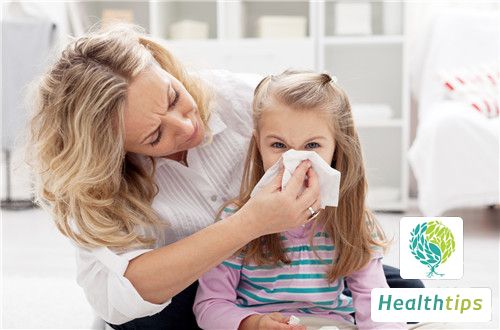As for the illness of cold, we all have some experience and will pay attention to some taboos in daily life to avoid aggravating the condition. The taboos of cold mainly include the use of medication and daily diet. In terms of medication selection, we must pay attention to treating the illness based on its cause to recover faster. In terms of daily diet, eating more foods rich in vitamin C can help us resist the cold virus.
 Firstly, people with a cold should not eat sweet foods, so neither high-sugar fruits nor desserts should be consumed during a cold, because eating sweet foods will increase the viscosity and amount of mucus, which is not conducive to recovery and may also cause bloating and affect the patient's appetite. Common high-sugar fruits include grapes, lychees, and red dates.
Secondly, cold patients also need to avoid high-salt foods, because reducing salt intake can increase the content of lysozyme in saliva, thereby protecting oral health and also facilitating the secretion of immunoglobulins, strengthening the patient's ability to fight against the cold virus. However, salt cannot be completely avoided during a cold, as sweating during a cold can lead to the loss of some sodium ions in the body, so it needs to be replenished in time. Nevertheless, the daily salt intake during a cold should be controlled at around 5 grams.
Lastly, foods rich in coarse fiber, such as coriander and celery, should be avoided during a cold, as they can increase the burden on the patient's digestive system. Additionally, spicy and fried foods should also be avoided as they can easily lead to worsening symptoms such as headache, cough, and nasal congestion during a cold. When the body temperature is below 38.5℃, physical cooling is the preferred method of intervention. Fever is one of the most common symptoms of wind-cold, and its treatment can generally be divided into "physical treatment" and "drug treatment". Typically, when the body temperature is below 38℃, drug treatment is not necessary, and the correct method of physical cooling should be chosen instead.
Firstly, people with a cold should not eat sweet foods, so neither high-sugar fruits nor desserts should be consumed during a cold, because eating sweet foods will increase the viscosity and amount of mucus, which is not conducive to recovery and may also cause bloating and affect the patient's appetite. Common high-sugar fruits include grapes, lychees, and red dates.
Secondly, cold patients also need to avoid high-salt foods, because reducing salt intake can increase the content of lysozyme in saliva, thereby protecting oral health and also facilitating the secretion of immunoglobulins, strengthening the patient's ability to fight against the cold virus. However, salt cannot be completely avoided during a cold, as sweating during a cold can lead to the loss of some sodium ions in the body, so it needs to be replenished in time. Nevertheless, the daily salt intake during a cold should be controlled at around 5 grams.
Lastly, foods rich in coarse fiber, such as coriander and celery, should be avoided during a cold, as they can increase the burden on the patient's digestive system. Additionally, spicy and fried foods should also be avoided as they can easily lead to worsening symptoms such as headache, cough, and nasal congestion during a cold. When the body temperature is below 38.5℃, physical cooling is the preferred method of intervention. Fever is one of the most common symptoms of wind-cold, and its treatment can generally be divided into "physical treatment" and "drug treatment". Typically, when the body temperature is below 38℃, drug treatment is not necessary, and the correct method of physical cooling should be chosen instead.




















